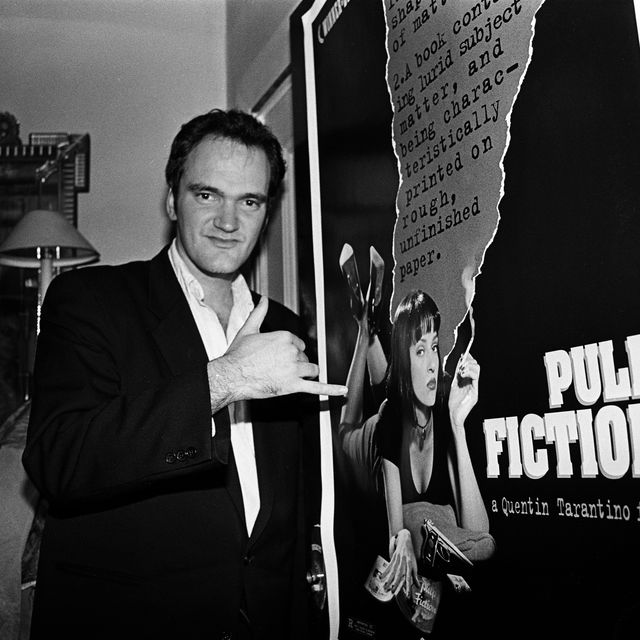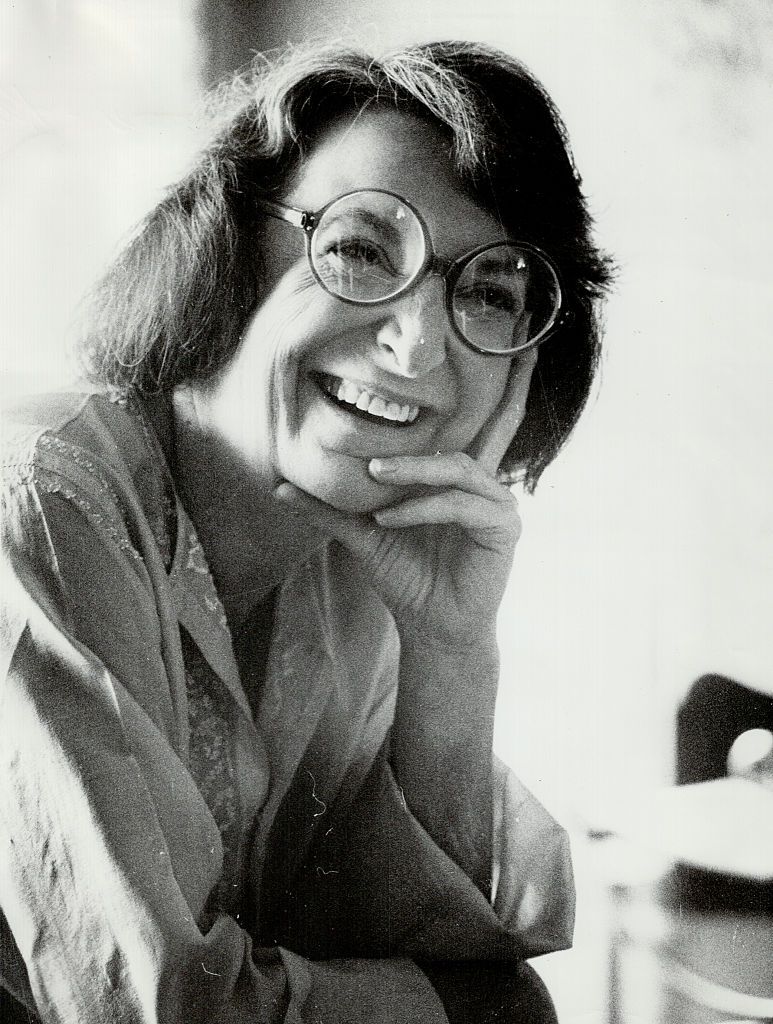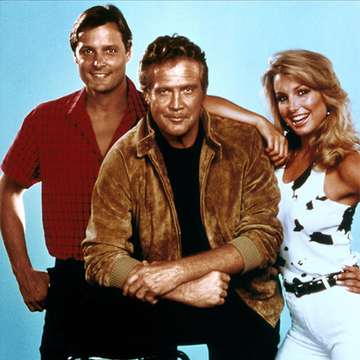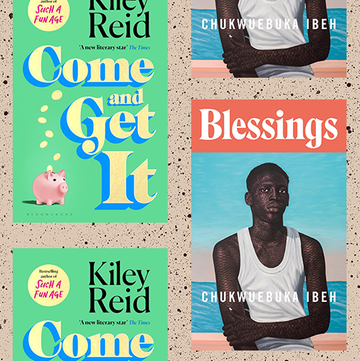There are a lot of things we don't know about Quentin Tarantino's tenth and final film. We don't know when he's planning on releasing it, or what's likely to happen in it. We don't know who's circling the cast list, or whether any of Tarantino's old pals will make one last appearance for old time's sake.
So let's start with what we know. This will be Tarantino's tenth film – if you count Kill Bill 1 and Kill Bill 2 as a single film, which it kind of is and also literally isn't, but anyway – and he's been saying for ages that he didn't want to make any more than 10.
"I want to stop at a certain point," he said in 2012. "Directors don’t get better as they get older. Usually the worst films in their filmography are those last four at the end. I am all about my filmography, and one bad film fucks up three good ones."
We know that the Hollywood Reporter's sources say it'll be based on a script Tarantino's written called The Movie Critic. The Hollywood Reporter also says it'll be "set in late 1970s Los Angeles with a female lead". So far, so late Tarantino.
It'll apparently be based on the life and work of the essayist, novelist and film reviewer Pauline Kael. Kael was a hero of Tarantino's, and one of the writers who got him into film in the first place with her evocative, literary critiques of American cinema for the New Yorker.
Aside from that, we know very little. But given that the announcement of even the broadest outline of a new Tarantino film – the last Tarantino film – has got people so excited, it feels like we're getting rather more than it appears. This is the last time – last time ever, guys! – that we'll see Tarantino's genius on screen, but it's also the last time we'll see his other area of genius too.
Quentin Tarantino is a dab hand at working an angle, finding a way to stoke a bit of intrigue and controversy around his films before they come out.
Back in the early Nineties when he was nobody, his Reservoir Dogs got a reputation on the festival circuit for being so outrageously violent that even Wes Craven – the king of the slashers – was so disgusted he walked out of one screening. Pulp Fiction's first screening was at midnight at Cannes with the whole cast in attendance, and opened on 1,100 screens across the US – a gigantic gambit for an indie film. That helped its violence again become such a talking point that Miramax started putting out adverts inviting audiences to watch and decide for themselves: "You won't know the facts till you've seen the fiction," ran one promo campaign.
Sometimes it's been less controlled and deliberate, but no less effective. Jackie Brown became a lightning rod for its liberal use of the n-word, particularly after Spike Lee objected to the way he felt Tarantino was "infatuated with that word". You'll remember Tarantino stomping off from a Channel 4 News interview, telling Krishnan Guru-Murthy that he was "shutting [his] butt down" after Guru-Murthy started asking about whether cinematic violence and real life violence were connected during the promo trail for Django Unchained.
In his later period he's cut to the chase and written stories which are thinkpiece magnets in and of themselves. Once Upon a Time in Hollywood dared to reimagine the tragic murder of Abigail Folger, Wojciech Frykowski, Steven Parent, Jay Sebring, Sharon Tate and Tate's unborn child. Inglourious Basterds had a funky title and murdered Hitler. The man likes causing a ruckus.
Tarantino's not alone in doing this. Alfred Hitchcock, for instance, also liked to find various different ways of adding an extra little frisson to his films. He's less of a tease than Hitchcock was – his trailer for Psycho, where Hitch potters around room number one of the Bates Motel marvelling at the clean-up job, is deliciously campy – but he knows how to get yer man on the street interested enough in a little indie thriller/Spaghetti Western/blaxploitation flick/revisionist LA story they'd usually walk straight past.
And the one thing a retirement invites – after the pageantry of the final film, the last farewell, and lots of warm tributes to the former enfant terrible who became a commercial juggernaut – is an unexpected return. The only thing which could be bigger than Tarantino walking away from filmmaking would be Tarantino coming back to it after a spell away doing other things. Tarantino loves Hollywood, and Hollywood loves a comeback.














